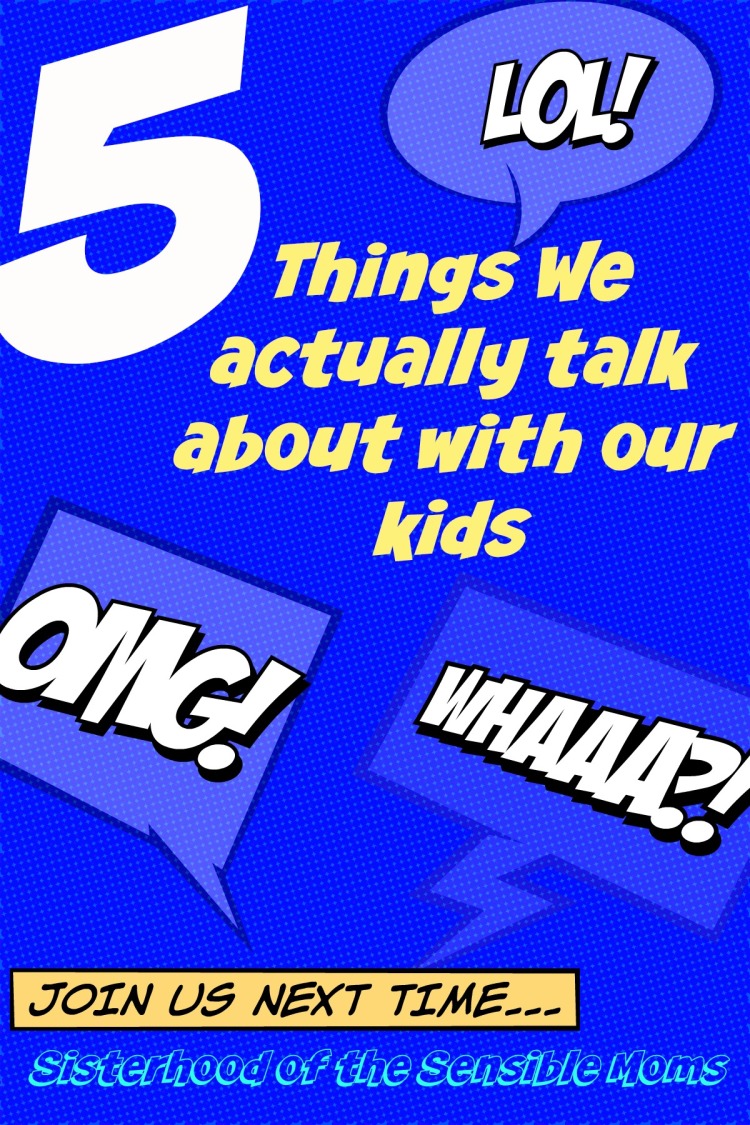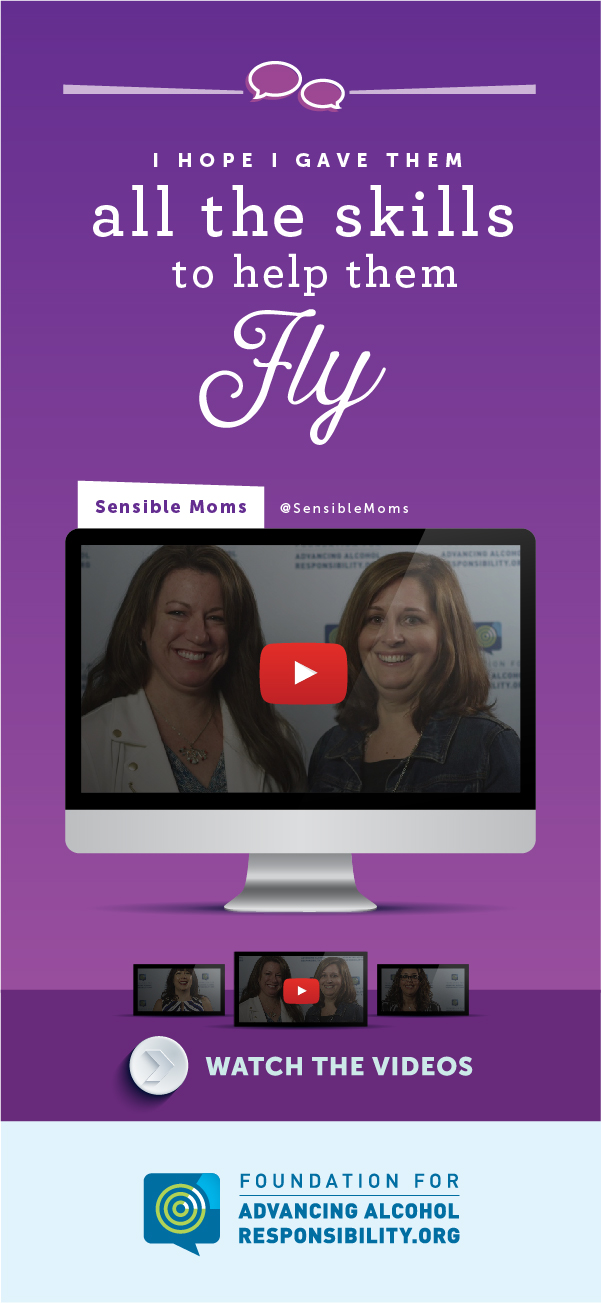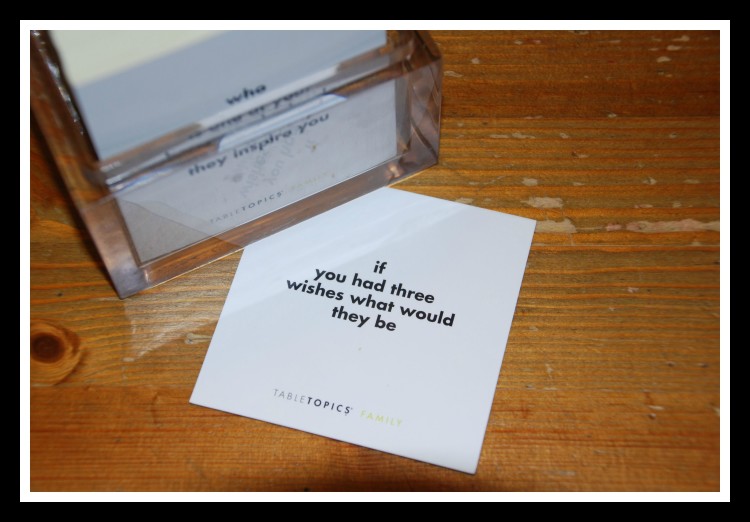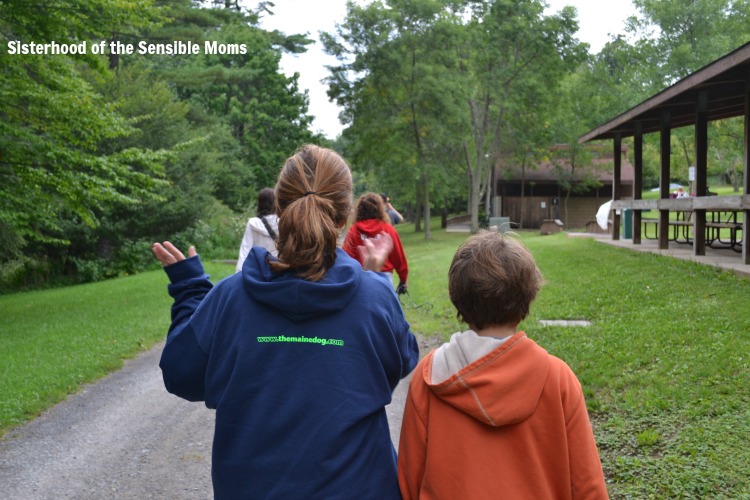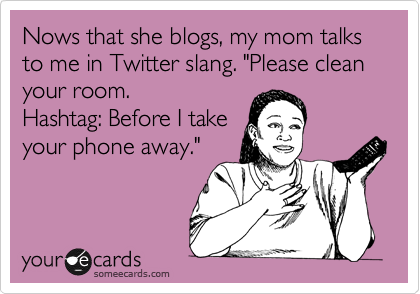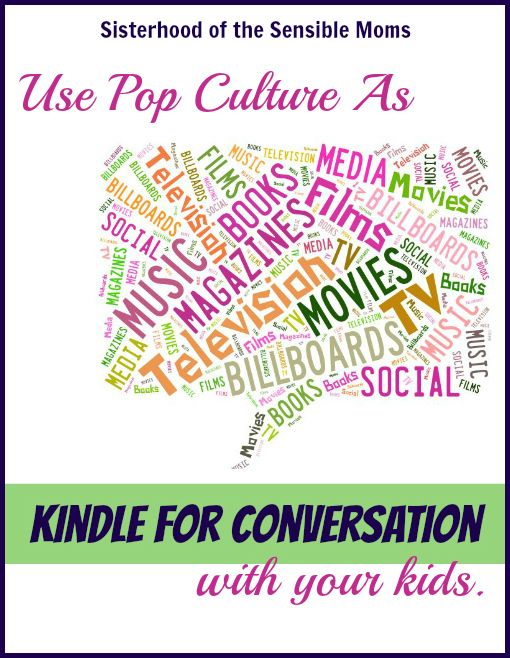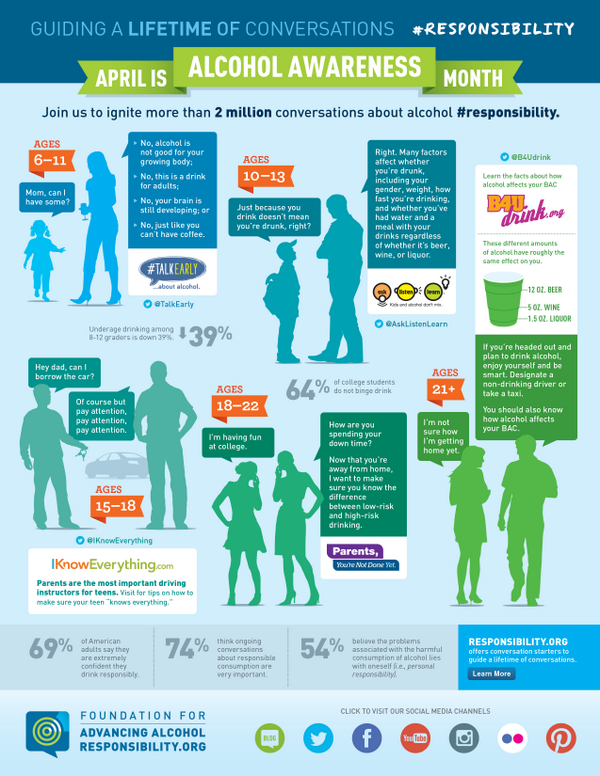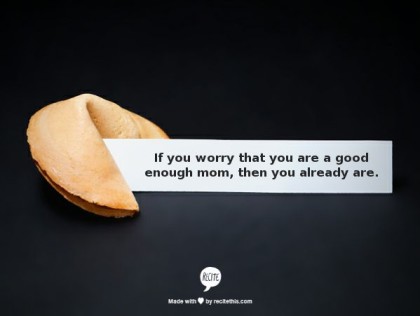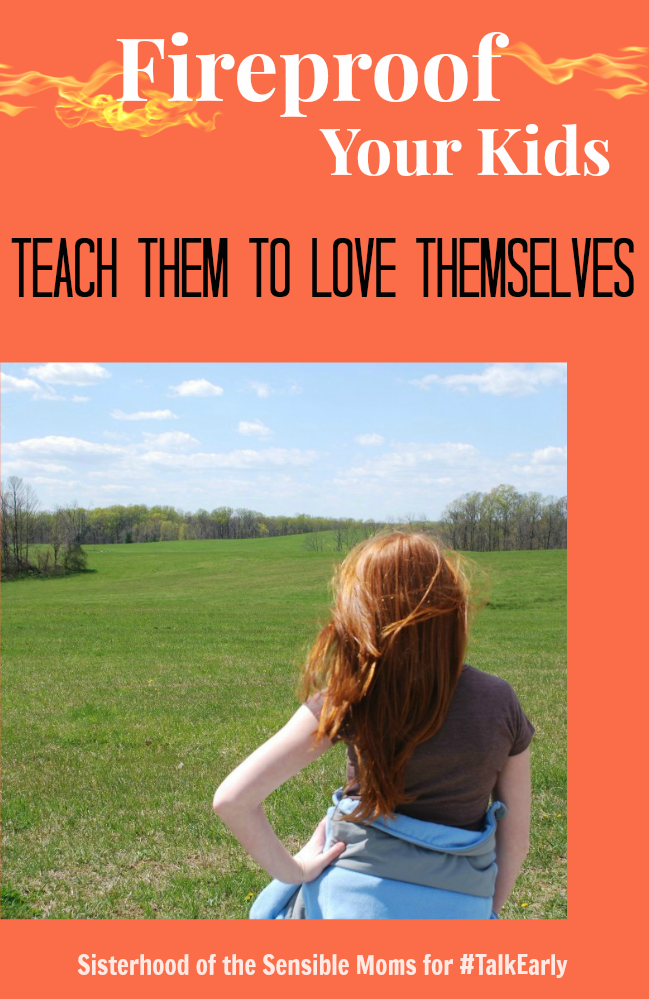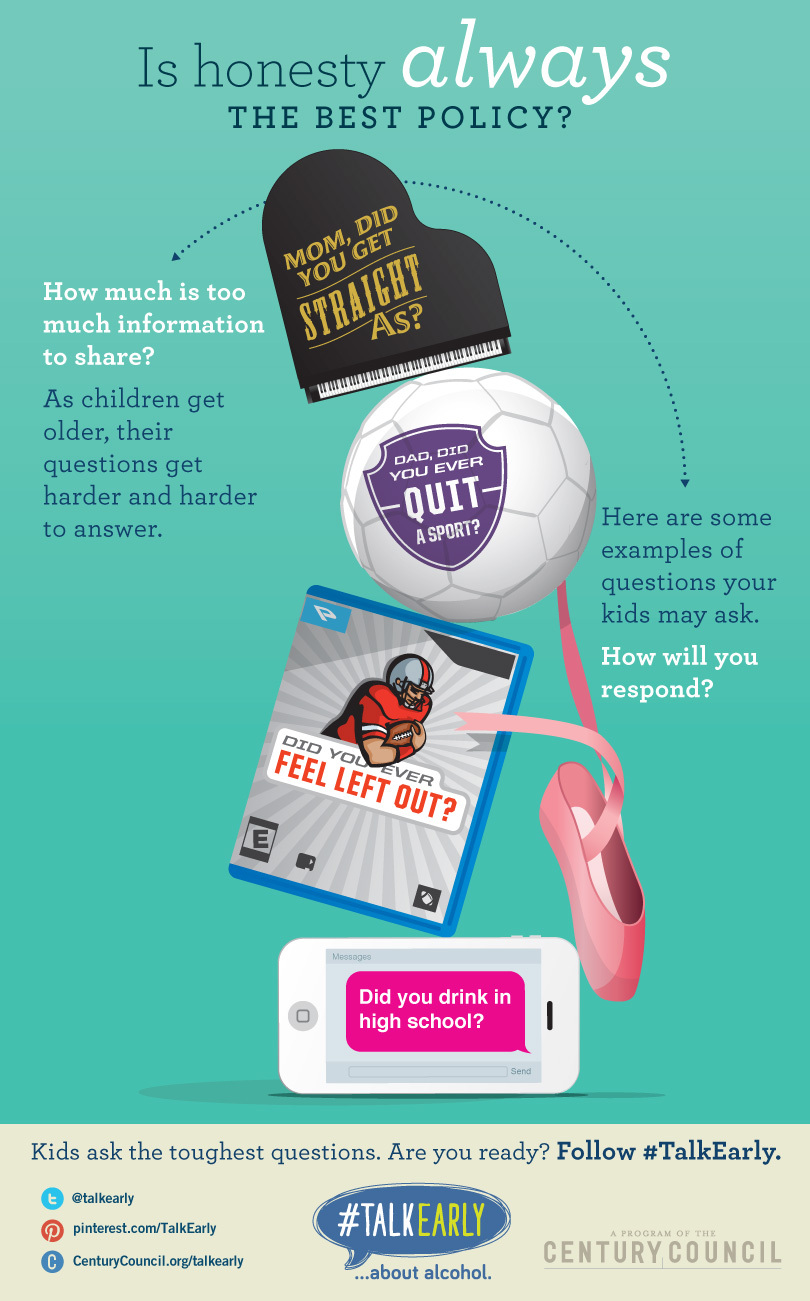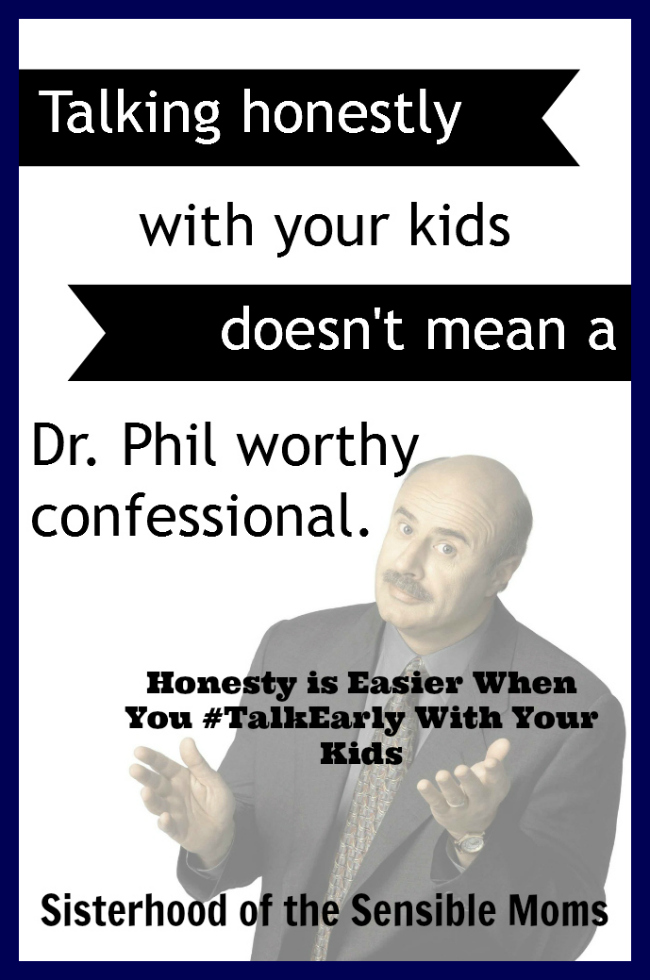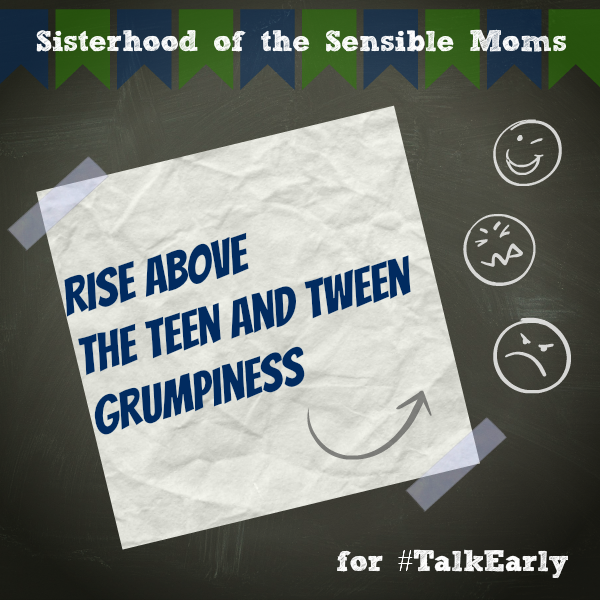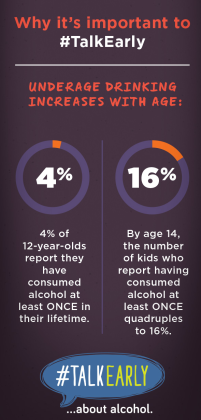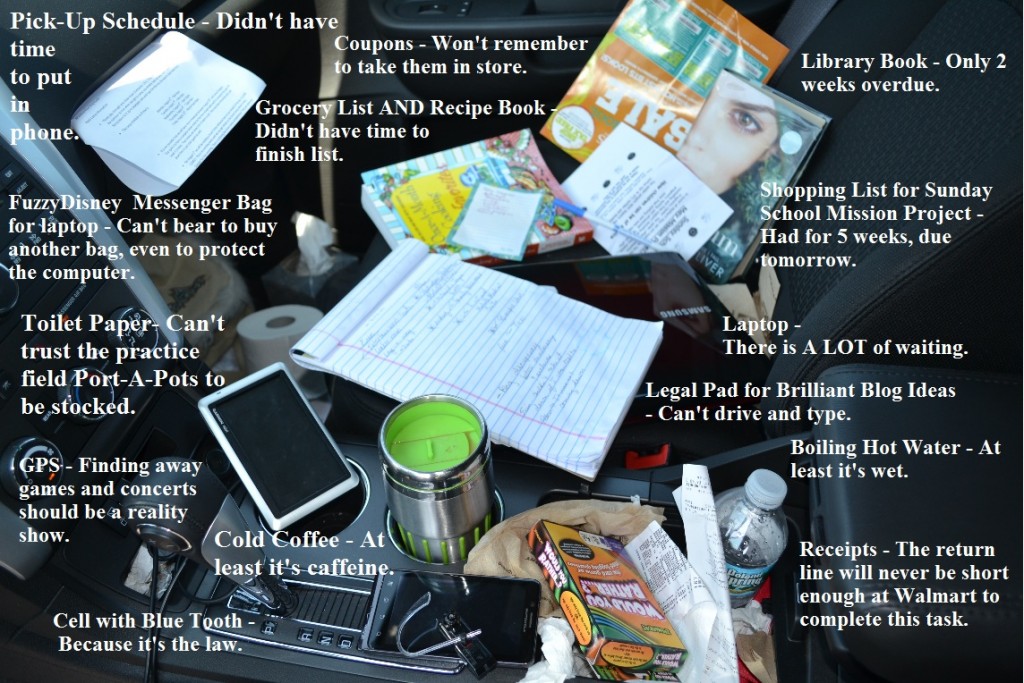Some may say talk is cheap but we think it’s priceless. We are two ladies who love to talk. We like to gab about books and food. Occasionally, we take trips together and we’ll yammer on about those too. But what we really love to talk about is parenting.
With seven kids between us, we never run out of conversation or fodder for the blog. We see the value of discussion not just as a way to cement our friendship but as a tool to create better relationships with our kids too. We also believe that our talks are the crucial thing that will help guide them through the minefields of adolescence, particularly underage drinking.
Because good friends share, we love to help our fellow moms out by not just offering up our conversations for your amusement, but our tips for better talks too. We have provided some kindling for conversation. And we have also given some great advice about how to picture a great conversation with your teen, how to get conversations rolling, and how to rise above the teen and tween grumpiness. But we realized that while we have provided you with some funny anecdotes and awesome metaphors, the one thing we haven’t done yet is given you some concrete examples of what we actually talk about.
Since we almost never start our talks with “hey, let’s talk about drinking,” here goes.
Five Things We Actually Talk About With Our Kids
1. How to Lean In (And On)
Sometimes we talk about things making waves in the news. Sheryl Sandberg rallied the troops with her call to girl power. We’ve been chatting this one up with our kiddos ever since. Boy or girl, young or old, we can all benefit from this sage advice of valuing yourself and your contribution and asking for what you want. We even took this one step further and told our kids to lean on as well. This is the dinner table topic that keeps on giving.
2. Practice Makes Perfect, or at least sense.
Other times, we find our talking points on TV. We had a right fine giggle with our kids over the Oscar night name debacle. John Travolta had one job which he punted terribly. As we kept hitting replay on the video of his massacre of poor Idina Menzel’s name, it prompted all kinds of great discussions about keeping your commitments, being prepared, and doing your best.
3. Anybody can stage a comeback.
Even our stomachs can lead us to a great talk. Erin’s kids couldn’t stop talking about Twinkie’s exit stage left in the fall of 2012. But the source of even more spirited conversation was Twinkie’s triumphant return the following summer. Suddenly, we weren’t just talking about Twinkies at all but about how people can fall and rise again. Cue the Rocky soundtrack. Do-overs are for everyone, even Twinkie.
4. Bigger isn’t always better.
Many, many times, we get our inspiration from movies. Both of our families are huge fans of movies in all their forms—the good, the bad, and the really, really, really bad ones we call guilty pleasures.
The Hobbit inspired a lot of spirited conversation at Erin’s house. Family members lined up on both sides of this movie. Some were rabid fans certain of its place as a masterpiece, while a solid group on the other side couldn’t help themselves from panning it every chance they got. It even spawned a catchphrase “Just because you can doesn’t mean you should.” It’s the movie that launched a thousand conversations.
5. Listen to Your Mother
But then again, sometimes our conversations just evolve from what we’re doing or what our kids are doing. We share our hopes and dreams for them a lot, but sometimes we let them see our vulnerable side too.
For this one, we’re pulling out our actual words said by our actual selves. The Foundation for Advancing Alcohol Responsibility asked us how we talk to our daughters and sons about underage drinking and our hopes and fears for them during the teen years and, well, this is what we said.
We know that everyone has jam-packed schedules just like us. We get that between sports practices, club meetings, band rehearsals, football games, Homecoming dances, and actual school, of course, there’s barely a second to fit in even one more thing. We feel ya that If you have a senior like Erin does, that tiny window for imparting the wisdom gets even smaller. But you can find the moments.
We have found that of all the things to make time for in our busy daily lives, conversation is the king. It’s not just the way we connect with our kids, but it opens us up to seeing our kids’ authentic selves as well. We may look like we are just talking about their favorite song or a great book they read, but we are being given opportunities to talk about the really important stuff too.
Talk then is like the two-fer bargain of the century. You give a little and get a lot. So invest in your conversations with your kids today. What you get in return: priceless.
Of course, we don’t just talk to each other and you shouldn’t just listen to us.
You can hear more real advice from our fellow bloggers and visit responsibility.org for additional resources and tips to keep teens safe.
We hope we inspired you to start your own conversation with your kids. You are the primary influence on your child’s decision to drink alcohol or not.
You can also follow @GoFAAR on Twitter and #responsibility to join the conversations other parents are having about this important topic.
This is a sponsored post but the things we talk about are all our own. We really do endorse this as one of the many valuable resources available to guide you through the process of talking to your kids.
You can follow us on Google+, Twitter, Facebook, Instagram, and Pinterest.
Check out our books, “I Just Want to Be Alone” and “You Have Lipstick on Your Teeth.”
Have every post delivered to your inbox! You can opt out at any time, but you won’t want to.

